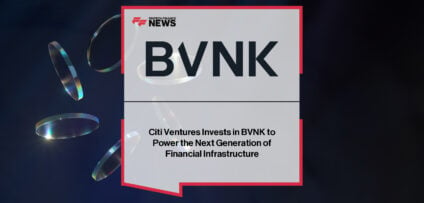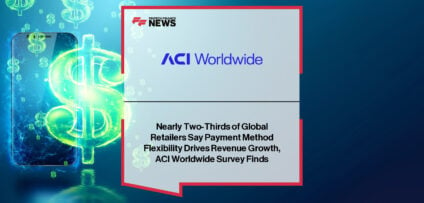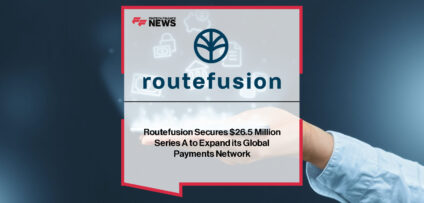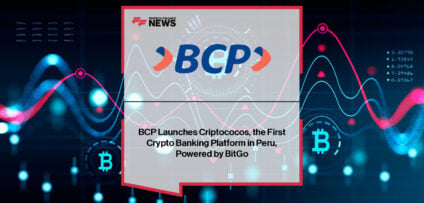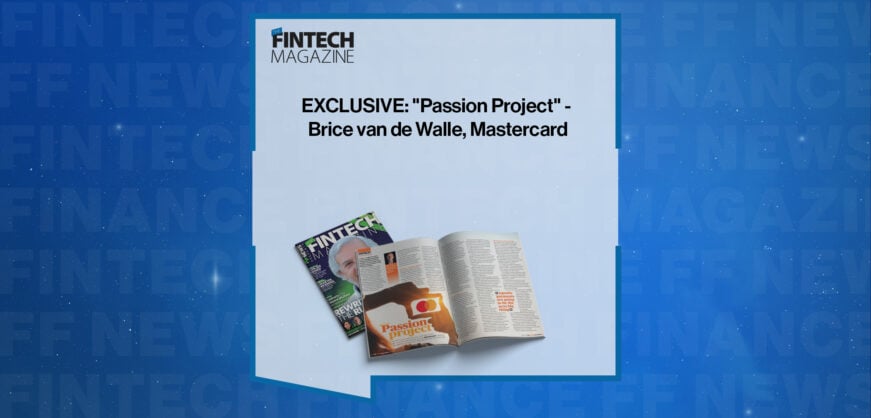Breaking News

Fintechs: all grown up and ready to settle down?
By Todd Latham, CMO and Head of Product, Currencycloud
We may only be two months in, but 2019 is looking to be the year of the partnership. Every week we are seeing more and more fintech and bank partnership announcements. To mention but a few, Santander recently partnered with savings platform Raisin; HSBC teamed up with open banking API company Bud; and Lloyds Bank and iwoca, an open banking SME lender, came together.
But what does this mean for the future of fintech? Does this recognition from banks mean fintechs should get ready to settle down, or should they keep playing the field?
High school sweethearts: on again, off again
Looking to the past, there has been some crossover between fintechs and banks, but little in the way of everlasting love; with many partnerships fizzling out over time. A possible reason for this is that it was all too much too soon: fintechs were not prepared for the long-winded processes and technology-adverse legacy structures often found in banks. On the flipside, banks were not ready for the regulatory challenge of implementing fintechs’ technology.
Popping the question
Today, things have changed. Fintechs and big banks have kept in touch whilst also sowing their wild oats elsewhere. But with experience comes maturity; they’ve realised they need each other, and are now looking to settle down.
You only need to look at the comments made by Paypal and Mastercard executives following their partnership announcement at Davos 2019 to grasp the feeling across the industries: “There’s a much greater objective here than saying let’s split the pie that exists today. There’s a much broader opportunity in the future that we can work together to go create.”
In fact, the courting between big banks and fintechs has become so serious, that at of the end of last year, a collective of top UK banks and fintech firms joined forces to create a set of guidelines; with the aim of improving how the sectors engage with each other, and to promote future interaction.This pact included names like Royal Bank of Scotland, Barclays, HSBC UK, Lloyds Banking Group, and Santander – and fintechs, such as MarketInvoice, The ID Co., and iwoca. But is there a danger in this rush to commit to each other?
Happily ever after, or bust?
Instead of danger ahead, the fintech industry is truly on its way to shedding the young buck “start-up” stereotype, and being globally recognised as the serious financial sector that it is. Marrying into the perfect partnership with a big bank is undoubtedly the next step in this evolution. However, in the race to collaborate, fintechs run the risk of jumping at the first big name, without fully assessing if this is the right time and partner for them.
Before taking the leap, fintechs need to contemplate:
Need: Before entering into a partnership, fintechs should look at where their own product gaps lie. Do they need more regulatory reliability? Do they need more funding? Perhaps they are looking to diversify? I predict diversification will be the key driver for many partnerships this year. In an increasingly competitive fintech market, there is a growing need to offer more in order to stand out. Tapping into a big bank partnership is one way of achieving this.
Reputation and brand: They should consider the reputation of the potential partner, and how such a partnership will enhance their value with customers. Will it be a reputational risk? Or will it strengthen trust and attract more of its target audience? Fintechs shouldn’t jump at the first big or interesting name to approach, they should take time to analyse what a partner can bring to the business, and if this is the direction they want to move in.
Regulation: Partnerships are not just all about the fun and games, there are serious things to consider. Trust that the potential partner has a detailed understanding of the industry’s regulatory requirements and have rigorous compliance standards in place is needed. As, like a marriage, you agree to take on the skeletons in the closet when you enter an agreement.
It’s important to take into consideration all of the criteria required for a successful partnership, because if not, it can end in a nasty divorce. Unsuccessful public collaborations can often result in reputational damage, a drain on financials, or even losing customers directly. A partnership with a big bank can be the start of a beautiful thing not only for the fintech, but for the bank too, but preparation and planning is key before taking the plunge. As fintechs need to remember that once the deal is signed, they are committed – for better or worse.
- EXCLUSIVE: “Passion Project” – Brice van de Walle, Mastercard in ‘The Fintech Magazine’ Read more
- FreedomPay Drives Global Merchant Innovation Read more
- FIS Brings AI-Powered Advancements to Seamless, Personalized Digital Banking Experiences Read more
- Citi Ventures Invests in BVNK to Power the Next Generation of Financial Infrastructure Read more
- Nearly Two-Thirds of Global Retailers Say Payment Method Flexibility Drives Revenue Growth, ACI Worldwide Survey Finds Read more





